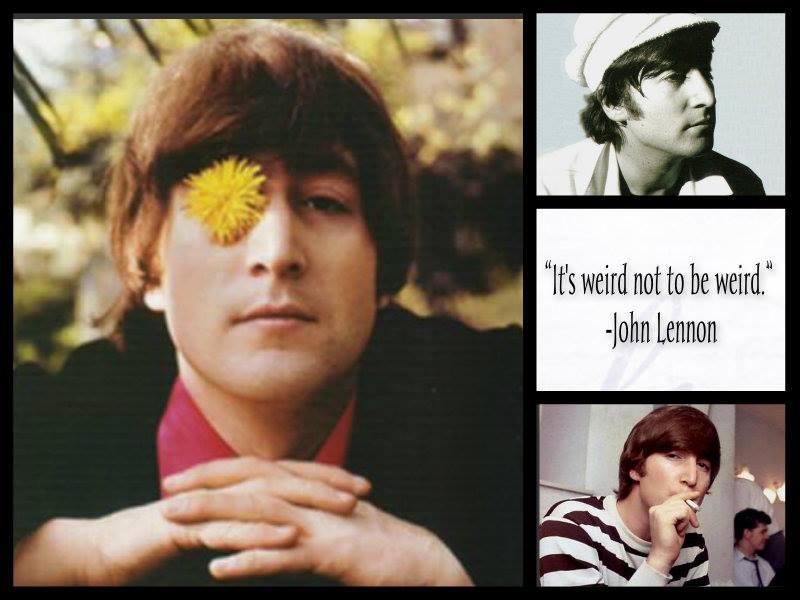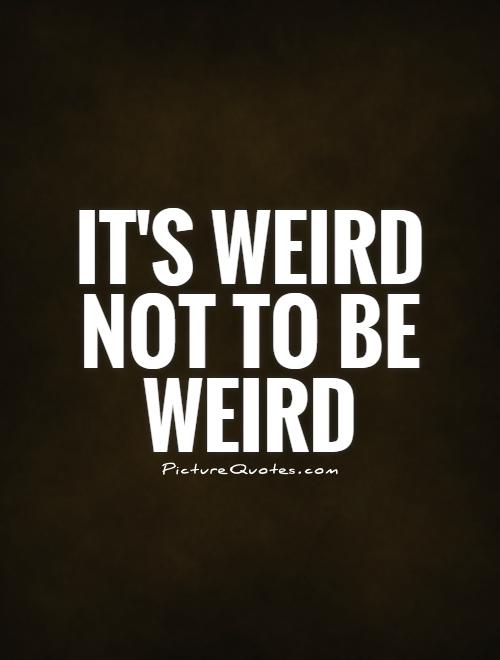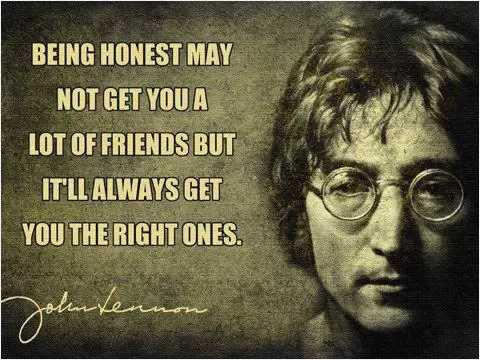It's weird not to be weird


It's weird not to be weird
In a world where conformity often reigns supreme, being weird can be seen as a breath of fresh air. Embracing one's weirdness can be a liberating experience, allowing individuals to express themselves authentically and without fear of judgment. However, the idea that it's weird not to be weird raises an interesting question: what does it mean to be weird in the first place?Weirdness is often associated with being different or unconventional. It can manifest in a variety of ways, from quirky habits and interests to unique perspectives and beliefs. While some may view weirdness as a negative trait, others see it as a badge of honor, a sign of individuality and creativity. In a society that values conformity and sameness, being weird can be a rebellious act, a way of asserting one's independence and refusing to be boxed in by societal norms.
But what about those who don't consider themselves weird? Are they missing out on something by not embracing their inner weirdness? The idea that it's weird not to be weird suggests that there is something inherently valuable in being different, in standing out from the crowd. It challenges the notion that we should all strive to fit in and be like everyone else, encouraging us to embrace our quirks and idiosyncrasies instead.
At the same time, it's important to recognize that not everyone feels comfortable being weird. Some may prefer to blend in and avoid drawing attention to themselves. And that's okay too. The beauty of weirdness is that it's subjective – what one person finds weird, another may find perfectly normal. Ultimately, being weird is about being true to yourself, whatever that may look like.












 Friendship Quotes
Friendship Quotes Love Quotes
Love Quotes Life Quotes
Life Quotes Funny Quotes
Funny Quotes Motivational Quotes
Motivational Quotes Inspirational Quotes
Inspirational Quotes